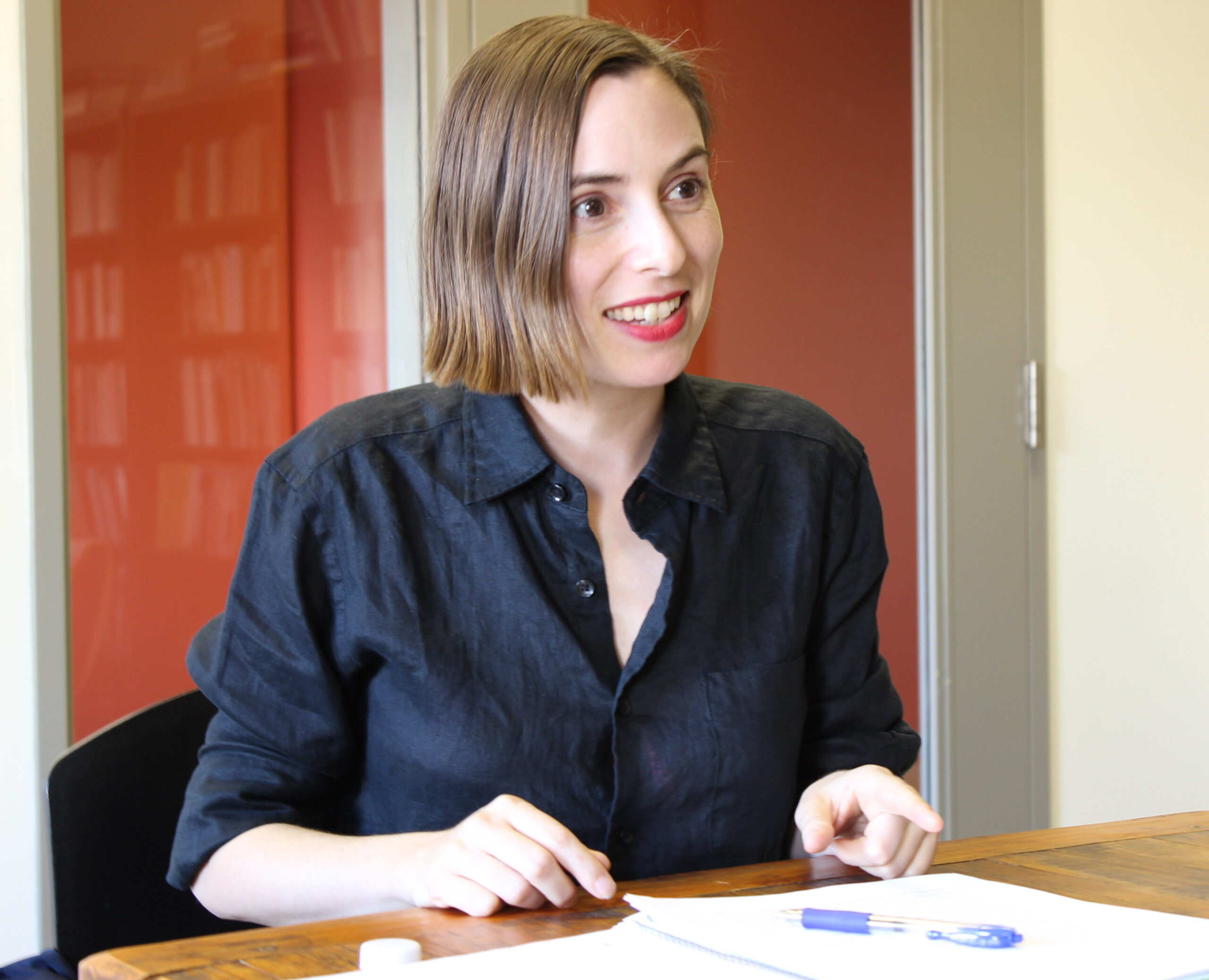An Acoustics of Determination in Faulkner and Benjamin
This essay proposes a historical material theory of air and resonance in experience, consciousness, and literature. Atmosphere carries breath, sounds, and voices, but history itself moves through the air in the work of Faulkner and Benjamin, the air being charged with mediation to become an archive of incomplete experiences and desires. (Click to download)

Faulkner’s “circumambience” is a sensitive recording apparatus, more sensitive than any mechanical device (radio, telephone, phonograph). There are consequences to this determinative air for racial consciousness, which becomes in Faulkner “circumambient,” an overtone or sound effect of reading. Understood in their technical expression, Faulkner’s literary acoustics help us to interpret some of Benjamin’s most elliptical points regarding the possibility of an acoustical unconscious, an underappreciated counterpart to his famous theory of the optical. Benjamin did not live long enough to write about Faulkner, though he read him in the last year of his life. If we consider Benjamin’s experiments with radio, what would he have heard in Faulkner’s voices and sounds? Could this material have been fodder for the development of Benjamin’s latent theory of the acoustical?
To engage such questions, literary history itself must proceed through resonance and the acoustical unconscious. Both Faulkner and Benjamin, particularly in the techniques they share with Eisenstein’s “overtonal montage,” teach us that the acoustical unconscious and its airy medium far exceed the boundaries of the individual life or artwork.
Thanks to the editors of the special issue in Materialisms and the organizers of the “Object Emotions” conference at Yale. http://www.symploke.org/
Photo by Emil Bruckner on Unsplash

Julie Beth Napolin
Julie Beth Napolin studies the history and theory of sound and its intersections with the novel, film, art, performance, psychoanalysis, gender, and race, asking what practices of listening can tell us about the politics of memory and form. She is the co-Editor of the William Faulkner Journal, a member of the editorial board of Sound Studies: An Interdisciplinary Journal, and the former President of the New School chapter of the American Association of University Professors. She received her PhD in Rhetoric from UC Berkeley.
Published Work
- March 1, 2023 The Otherworldliness of Bessie Smith
- May 30, 2022 Surface Listening: Free Association and Recitation in The B-Side
- June 6, 2021 The Expropriated Voice: Sonority, Intertextuality, Flesh
- January 25, 2020 Music’s Unseen Body: Conrad, Cowell, Du Bois, and the Beginnings of American Experimental Music
- September 16, 2017 On Banishing Socrates’ Wife: The Interiority of the Ear in Phaedo
- May 11, 2017 Elliptical Sound: Audibility and the Space of Reading
- February 21, 2016 The Audiophonic Form of As I Lay Dying
- June 27, 2014 Lecture: Banishing Socrates’ Wife (2014)
- March 1, 2013 “A Sinister Resonance”: Vibration, Sound, and the Birth of Conrad’s Marlow